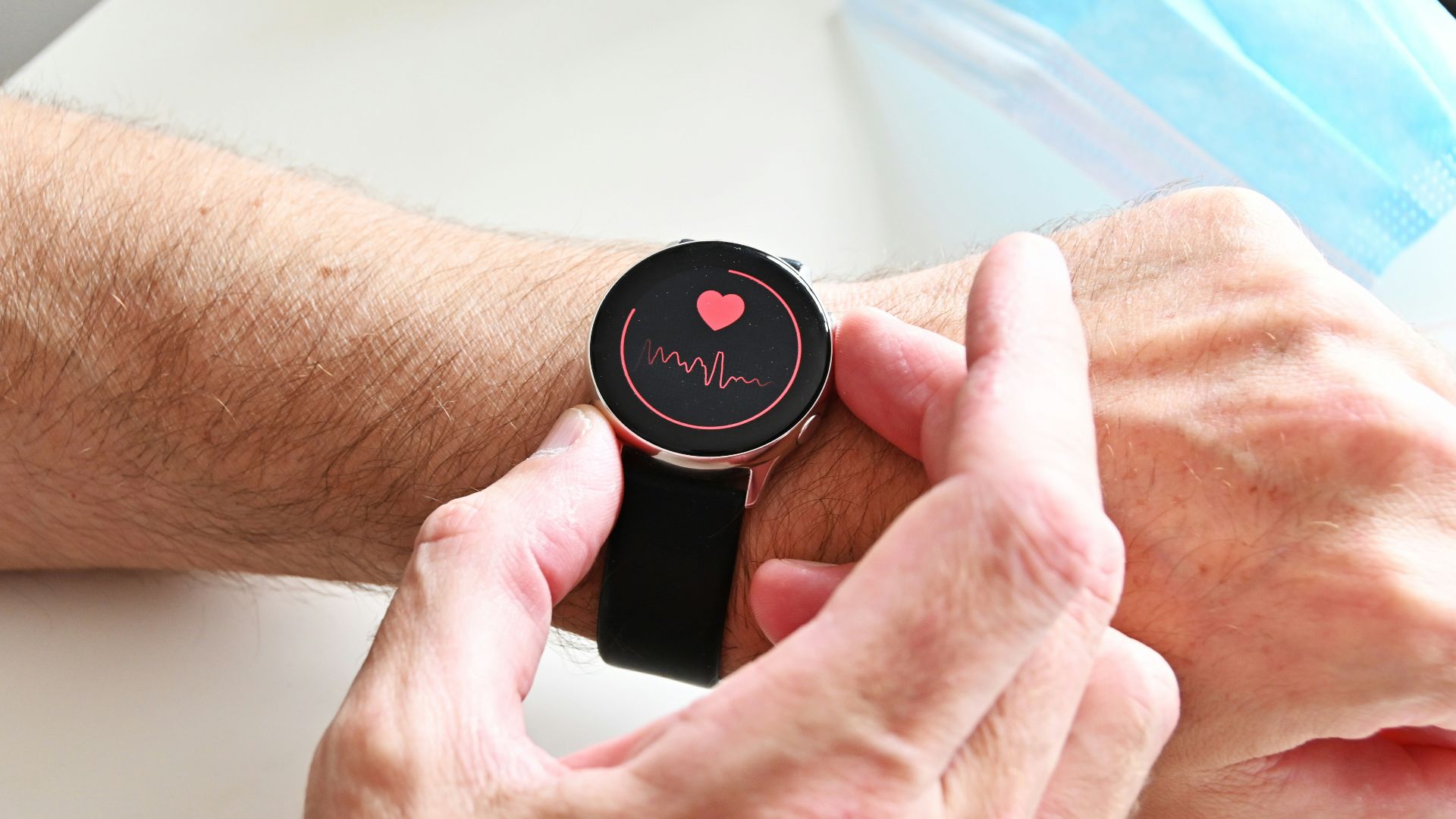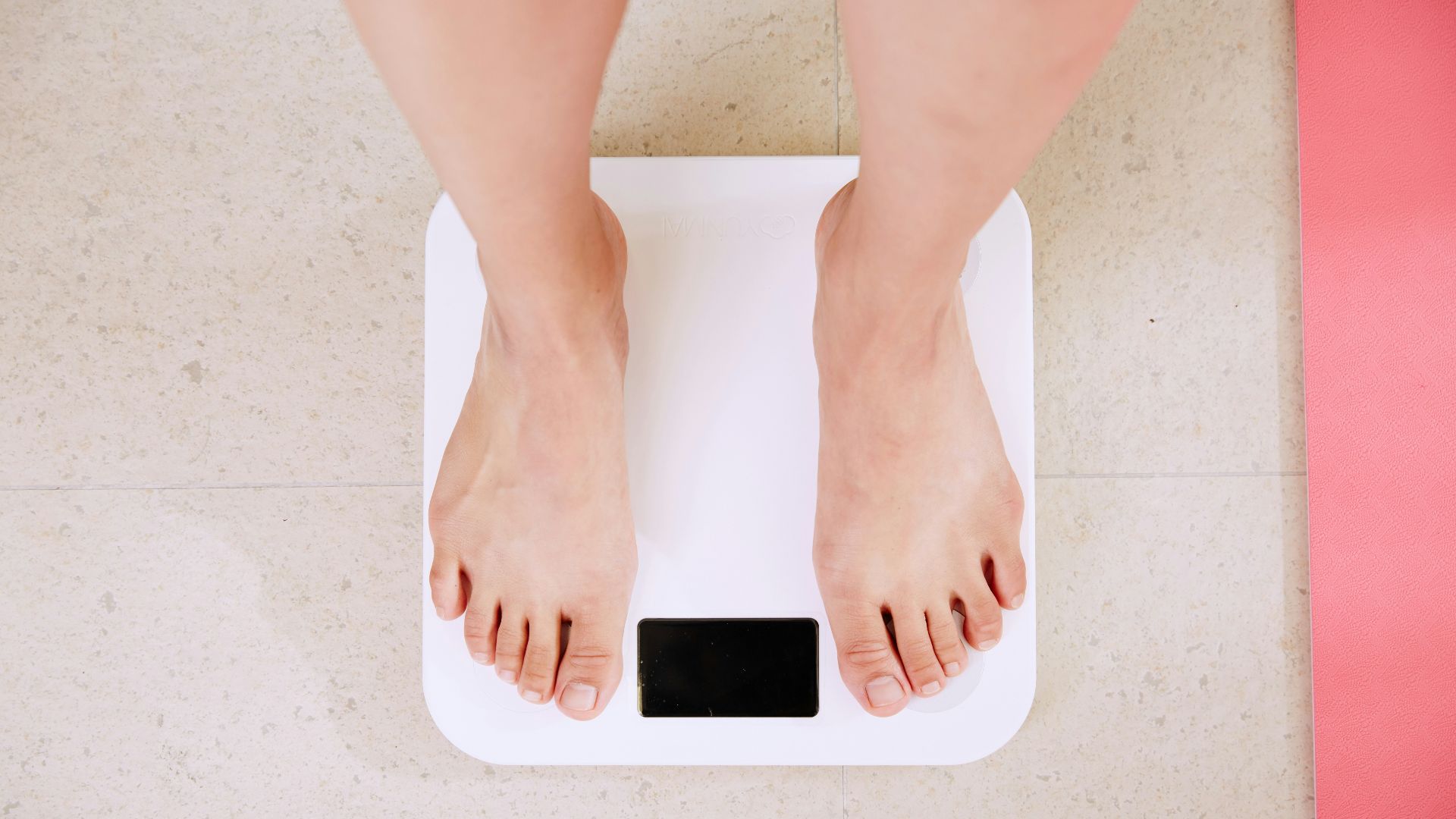Think You Know Running?
Running is one of the most popular forms of exercise; after all, it's one of the simplest and most accessible workouts you can do. While the sport offers countless benefits, it's also extremely misunderstood, and several myths about it have long been circulated. Here are 10 key benefits of running and 10 myths to stop believing.
1. Improves Heart Health
Running is one of the greatest things you can do for your heart health. It strengthens your heart muscle, improves circulation, and helps lower blood pressure and bad cholesterol.
2. Boosts Mental Health
Yes, a "runner's high" is a real thing. Running releases feel-good endorphins, reduces anxiety, improves mood, and helps you deal with life's stressors better.
3. Aids With Weight Management
Running is one of the most effective exercises for burning calories. It also increases your metabolism, so your body is still burning calories and fat even when you're not moving.
4. Strengthens Bones
Running is a weight-bearing exercise, meaning your bones have to work to support your body's weight. Because it's a high-impact sport, running stimulates bone-forming cells, making bones denser.
5. Enhances Lung Capacity
Running challenges your respiratory system, creating stronger breathing muscles over time. Regular running improves the efficiency of your lungs and increases your maximal oxygen consumption.
6. Improves Sleep
Any regular physical activity helps regulate your circadian rhythm. However, running is especially efficient at burning excess energy, helping you relax and fall asleep more easily.
7. Increases Stamina
Running is an endurance sport, so it trains your body to use energy more efficiently. It enhances your muscular staying power and conditions your mental resilience.
8. Boosts Cognition
Running boosts cognition by increasing blood flow to the brain, encouraging the growth of new neural connections. It's also been linked to a lower risk of age-related memory loss and neurodegenerative diseases.
9. Supports The Immune System
Running, especially outdoors, boosts your immune system by increasing the flow of white blood cells and antibodies. It also helps lower inflammation, which is often to blame for a weakened immune system.
10. Encourages Discipline
Running requires discipline, consistency, and goal-setting, particularly if you're training for s specific event. Pushing through hard runs helps build mental strength and perseverance.
Now that we've talked about the main benefits of running, let's go over some common myths you need to stop believing.
1. It Destroys Your Knees
There's a common misconception that running destroys your knees and other joints, but in fact, the opposite is true. It actually strengthens your joints and lowers your risk of arthritis.
2. It's Bad For Your Back
Back pain is a common affliction in the general population that many people wrongly associate with the repetitive "jolt" of running. If you feel pain in your back from running, it's usually due to poor form, a weak core, or overtraining.
3. You Should Run Every Day
While running is an incredibly healthy activity, doing it every day isn't ideal. Your muscles need time to recover, and if you run every day, you risk injury from overuse.
4. Running Will Make You Skinny
Many people, particularly men, avoid running because they believe it will make them scrawny. In reality, weight management is much more complex than just burning calories. Running builds lean muscle; it doesn't take them away.
5. Strength Training Makes You A Slower Runner
There's a common misconception that you shouldn't weight train if you want to be fast because muscles will only slow you down. However, strength training and running actually complement each other because running fast requires strong muscles.
6. Running Is The Best Way To Lose Weight
While running is one of the most efficient calorie-burning exercises, it's not necessarily the best way to lose weight. Diet plays a larger role in shedding pounds, and everyone's body functions differently. For some, weight training is much more efficient than cardio for losing weight.
7. You Shouldn't Run In The Cold
The idea that you shouldn't run in the cold comes from the myth that chilly air damages your lungs, but your body warms the air before it reaches them, so there's no risk of damage even when it's freezing outside. What's more, exercising in the cold boosts your immune system.
8. You Need To Have A Certain Body Type
Many people believe that in order to be a good runner, you have to have a slim build. However, great runners come in all shapes and sizes, and you can reap the benefits regardless of how your body looks.
9. You Need To Run At Least 30 Minutes To Burn Fat
Another common myth is that you need to run at least 30 minutes before fat burning commences. In reality, your body starts working right away, and even short runs count. In fact, interval training in which you run in short high-intensity bursts can be even more effective than long-distance running.
10. You Need To Stretch Before Running
Many people believe you need to engage in static stretching before running to prevent injury, but you really shouldn't. While you can safely perform dynamic warm-ups like leg swings and high knees, static stretching might actually make your muscles loose and decrease running efficiency.
KEEP ON READING




























